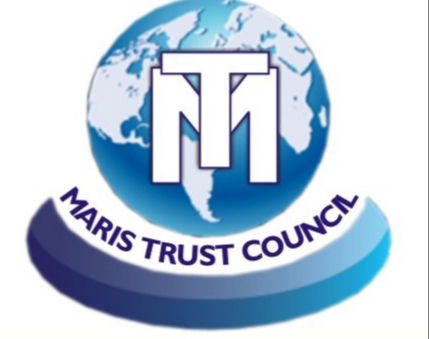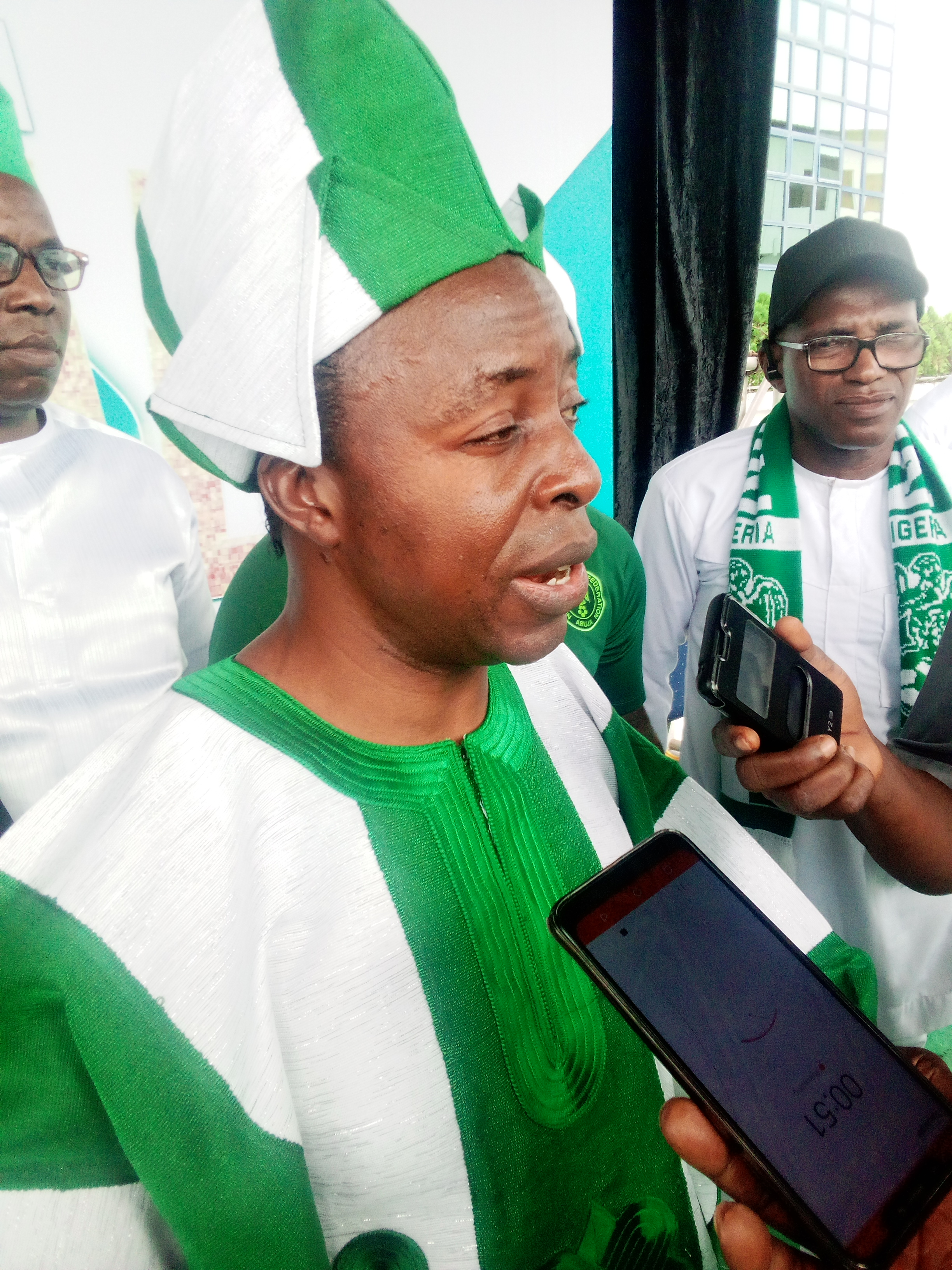News
Maris Annual Public Service Lecture Series Put In Place To Tackle Societal Challenges, Enlighten The Public

Fidelis Egugbo, Asaba
The story of Maris Annual Public Service Lecture series is that of strong belief in God and the surrendering of oneself to the will of God. It was instituted to tackle societal challenges and to enlighten the public on sundry relevant issues.
On Saturday, October 30, 2010, a promising young girl who was a pupil of Patricia Group of Schools, Asaba, fell ill, complaining of stomach pain. Naturally, the best thing for the parents to do was to take her to the hospital which they did, but, alas! She was admitted at the Federal Medical Centre, Asaba with the statement, “let us watch her till tomorrow.” Tomorrow came and that was a Sunday and they said, again, “let us watch her again, till tomorrow.”
On that Sunday, she was no longer complaining about the stomach pain; she was talking freely, just her normal self and that statement of watching her again till the next day dashed the hope of going home with her parents on that day. Then Monday came- that was, November 1, 2010, All Saints’ Day- and the parents were told again to hold on for the medical experts to monitor her closely despite the fact that she was full of life, playing with the parents and moving around.
But about Midnight of that day, on All Souls’ Day, November 2, she was pronounced dead, implying that she has gone to be with the angels. It was devastating to the parents and, according to the father, Comrade Fidelis Egugbo, even driving became difficult as at times, he would drive past his destinations before he would recollect himself. As such, he advised himself to stop driving and to survive the pains, he buried himself in making a book out of his written works which became the “Memoirs Of A Journalist In Government Media,” a compendium that has become an encyclopedia of what transpired during the administration of Governor James Ibori and the early part of Governor Emmanuel Uduaghan’s administration in Delta State.
The book was presented to the public on the 40th birthday of Comrade Fidelis Egugbo, that was October 8, 2013 – ten years ago – at the Press Centre, Government House, Asaba, and had General Godwin Alabi- Isama, author of the book, “Tragedy of Victory,” as Chairman of Occasion.
On the acknowledgement page of “Memoirs Of A Journalist In Government Media,” Comrade Egugbo wrote that proceeds from the sales of the book would be used to build an institution to immortalize Stella-Maris Chukwufunimnenya Egugbo. And on July 25, 2018, Maris Schools, Okpanam, was officially opened to keep to the promise of immortalizing the name of a promising young girl, a beloved daughter and the first fruit of the family of Comrade Fidelis Egugbo.
As God would have it, at the Holy Mass celebrated by an array of Catholic Priests to formally open the school, Egugbo, in his vote of thanks, assured dignitaries present at the ceremony who included former Governor Emmanuel Uduaghan and the Deputy Chief of Staff during the administration of Governor James Ibori, Chief Emma Ejiofor, that, “by the grace of God, next year (2019) we shall have an annual lecture in memory of Stella-Maris Chukwufunimnenya Egugbo.”
That was how the Maris Annual Public Service Lecture series was birthed through Divine Will, shortly after the 2019 general elections and before the swearing-in of another administration on May 29, 2019, Chief Williams Makinde was invited to deliver the first Maris Annual Public Service Lecture at which occasion he spoke on the topic, “Managing Post-Election Challenges: Nigeria As A Case Study.” The well attended lecture took place at the main hall of the Orchid Hotel, Asaba. Sen. Dr. Ifeanyi Okowa, now Delta State Governor, was the Special Guest of Honour; Chief Nicholas Chizea (OshimiliAtata of Ahaba) was Chairman of Occasion, Barr. (Mrs) Josephine Ada Kachikwu was Mother of the Day, Rev. Fr. John Konyeke was the Spiritual Father of the Day, while Sen. Stella Omu, Olorogun Barr. Fred Majemite, Dr. David Oba, Ms Faith Nwadishi were discussants at that lecture which had Dr. Kemi Emina as Moderator.
Stella-Maris was born on Wednesday, 10th April, 2002. She passed on after a brief illness at the Federal Medical Centre, Asaba, Delta State, on Tuesday, 2nd November, 2010. Thus, she lived for 8 years and 7 months on earth. She was “very active, dutiful and selfless at home.”
To Catholics and other strong believers in the unseen hands of God Almighty, her brief life on earth (was it really brief? Some lived for only one day) was of great significance. The Church celebrates the feast of several Saints on April 10. Some of the Saints and Blesseds whose feast day is April 10 include Saint Miguel de Sanctis, Saint Fulbert of Chartres, Blessed Antoine Neyrot, Blessed Boniface Zukowski, Blessed Pedro MaríaRamírez Ramos, Blessed Mark Fantucci, Saint Maddalena of Canossa, Saint Macarius of Antioch, Saint Bademus, Blessed Paternus the Scot, Saint Bede the Younger, Blessed Eberwin of Helfenstein, and Blessed Antonio Vallesio.
From the array of personalities who have attended the Maris Annual Public Service Lecture from inception, one can only quote Rev. Fr. John Konyeke who resumed duty as a Priest in charge of Catholic Church of the Ascension, Asaba ( where the Egugbo’s attend the Holy Mass), the same period that Stella-Maris died, “Aka ChukwuDia (God’s Hand Is In It).” Very consoling indeed.
However, the success story of the lecture series has not come without some personal pain to the Egugbos, especially in the material sense.
Truly, God’s hand is in the activities that involves Stella-Maris Chukwufunimnenya because, we all know that Comrade Egugbo, as a faithful journalist, is not rich in the true sense of financially rich Nigerians, but God has used him to sustain this annual lecture of identifying the challenges of the society and proffering solutions to them. Also, in the heat of the Covid-19, Egugbo, whose journalism exploits were recognized by Governor Ifeanyi Okowa as a journalist who was almost the longest serving reporter in Government House, from Governor James Ibori’s administration to his (Governor Okowa’s) administration and gave him the position of Special Assistant, Media, directed that parents should not pay the tuition fees of pupils and students of Maris Schools for a term.
Today, we are all gathered at this august event that used to hold every Wednesday before Easter Sunday, that is the Wednesday of the Holy Week to discuss topical issues, meet ourselves and share ideas about how to make the world a better place to live in, will Egugbo use his salary to foot the bills incurred for this annual event? It would be recalled that three months after the 2019 edition, he was still battling to pay the debts incurred to organize that lecture.
He has never been forceful when it comes to the issue of money because of his strong belief in God, always smiling and saying, “that is the way God wants it.”
If God touches your heart and you feel that you can assist in any way in sustaining this lecture or grow Maris Schools which comprises Nursery, Primary and Secondary Schools, kindly pay into Maris Secondary School Account – Zenith Bank Account Number: 1017189528 or call Fidelis on 08032933933 to know how to contribute.
Egugbo cannot thank you enough for sustaining this programme, through your physical presence, active participation and contributions in several ways for this lecture to succeed. The Governor of Delta State, Sen. Dr. Ifeanyi Okowa, CON, in particular, has done a lot to see that this lecture is successful and his predecessor in office, Dr Emmanuel Uduaghan, CON, and the Chairman, Maris Trust Council, Chief Kenneth Olise, Ph.D, FCA deserve a BIG THANK you for supporting the activities of Maris Trust Council.
May God always give you reasons to smile through Jesus Christ our Lord. Amen.

